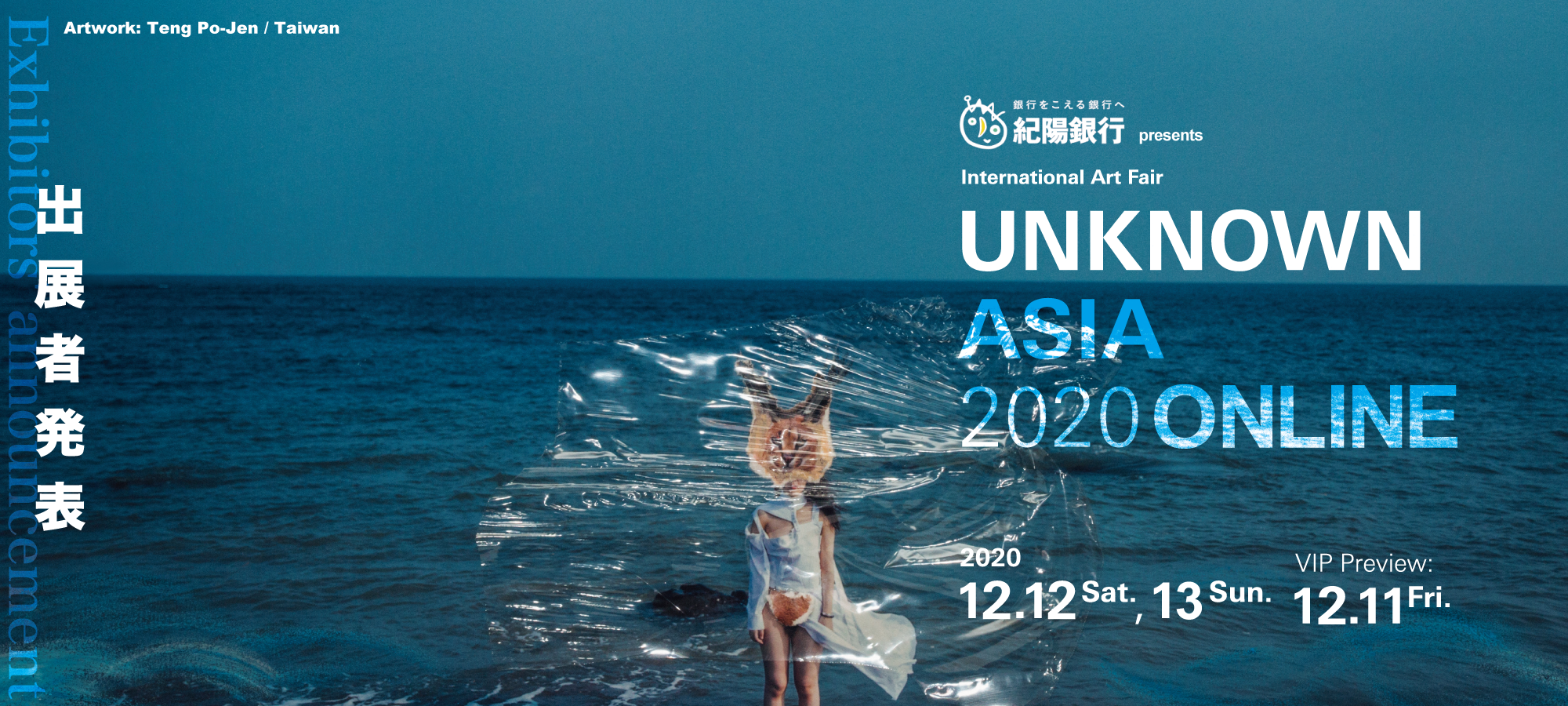MIKLOS SZALAY AND ROBERT LANGH “DIARY”
HAPPENINGText: Mark Griffith
Yet at the same time (pardon the pun) diaries and calendars are attempts to impose order which put lives into book form, a highly traditional medium which stubbornly continues to appeal to us. As the little appointment book revolves on the screen, it is hard not to notice how it is the most attractive object there. I bet most visitors will play more with the book, and less with the pop-up miniscreens.
The idea of time dried, folded, and pressed into familiar book form is alluring because it offers what we all want our lives to have: a narrative. A proper storyline with a beginning, a middle, and an end. Direction. One or more happy endings in the light of which our previous suffering and sacrifice can retrospectively make sense and fit into place.
The very multiplicity of multimedia seems to defeat a deep yearning most people have for a story. Recent films (such as the recent, multi-ending German movie ‘Run, Lola, run’) may change this, but there is still something amiss with a project about diaries which is so many-branched.
Our own diaries reveal our own lives to be frustratingly and stubbornly single-branched by contrast. And if diaries are to be stories we tell ourselves about our lives, who are the intended readers? Some as yet unborn family member in the future, curious about us after our death? Not an uncaring, inquisitive snooper, for sure.
For the other break with diary tradition in multimedia is the concept of privacy. The idea of participating in a huge scratchpad of joint consciousness is deeply appealing at one level.
And yet curiously few people choose to use the Internet like this – despite the claims of some early prophets of hypertext that our scribblings would fuse into one big, shared palimpsest. Even on the Internet, the self-centred individual ego seems very much in evidence – if anything _less_ restricted within communal forms of expression than on old-fashioned paper.
‘Kalendarium’ may produce a fascinating scrapbook of meditations on time, but I expect it to be (a) less comprehensible, and (b) less personal than any traditional private journal – and as a result may be a document rather like a visitors’ book into which many people write but out of which very few read. Most of the information people value about themselves and others is confidential, and we are all far more excited to be allowed access to something someone did not want us to see than something that was always intended to be public.
And can anything ever be truly private on the Internet?
A completely different event asked just that question on April 19th inside the British Embassy. The British Chamber of Commerce in Hungary held an evening panel discussion to explain e-mail encryption and digital signatures to lawyers and accountants. For business, on-line privacy means money.
Rather than blurring of dividing lines around the edges of narratives, they want to _avoid_ the blurring of lines around the edges of bank accounts. Just a decade after Zimmerman defied the US intelligence community by uploading his Pretty Good Privacy (PGP) encryption software to the Internet in 1991, digital signatures and e-certificated documents are the stuff of big business. And when anything new happens, Europeans naturally start thinking of how to control it with laws.
The plan? In Hungary, as in most European countries, the plan is to have a law which places firms which give e-certification to other companies under the supervision of a state e-regulator, the Hungarian Communications Authority (HCA).
So I asked them my question. Why would customers believe that the HCA had not used its power to obtain backdoors or master keys (purely for ‘national security’ purposes of course) to the commercial encryption software used by the e-certificators it supervises?
The panel were hurt and embarrassed. What a suggestion! The new system would require a major commitment to trust! What kind of government would do such a thing as pry into the private code of its own e-certificators?
As one shocked American official said when British Intelligence showed the US the contents of the Zimmerman telegram (another Zimmerman, oddly) between Germany and Mexico in 1917 during World War I – “a gentleman doesn’t open other people’s letters”. Perhaps those were more innocent days, before a later US government prosecuted the later Zimmerman for releasing PGP.
Might some intelligence agencies not love to have access to e-certificators’ encryption software – if only to have their very own licence to print e-money? Separate from the government’s licence to print paper money? Or even out of just sheer nosiness?
If it’s really important to you no-one reads your diary, perhaps best not to write it down at all.
Miklos Szalay and Robert Langh “Kalendarium”
Date: April 19th – May 25th, 2001
Open: 12:00 – 20:00
Place: C3 Gallery
Address: Hermina út 22, H-1146 Budapest
Tel: +36 1 488 7070
https://www.c3.hu
Text: Mark Griffith








